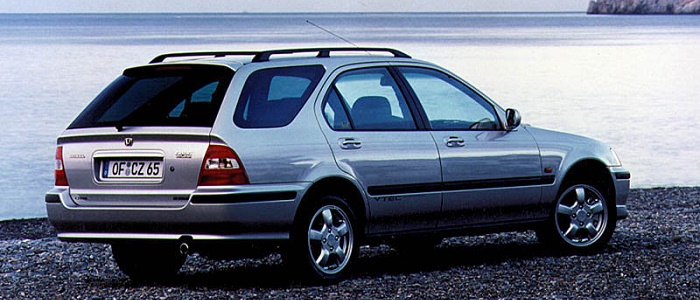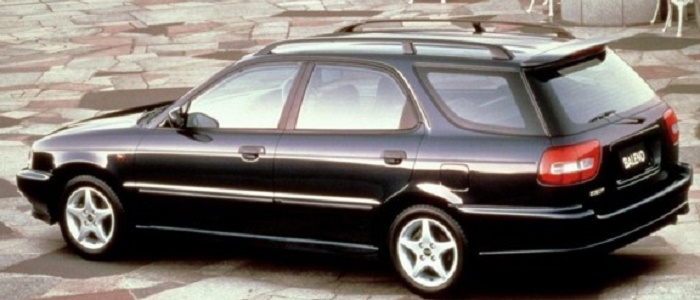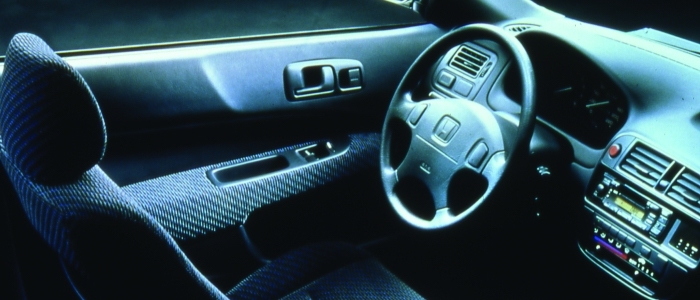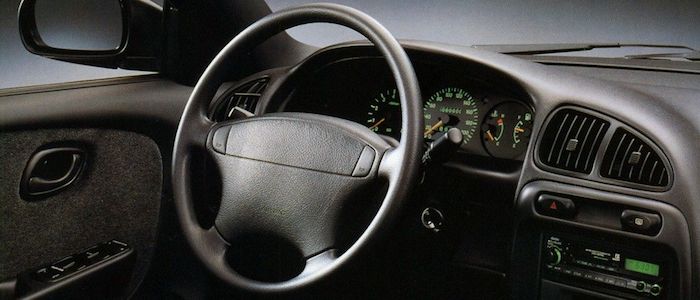Compare two cars
Compare any two cars and get our Virtual Adviser™ opinion
Dimensons & Outlines
Check vehicle history
Engine
Performance (manual gearbox)
Performance (automatic gearbox)
Expenses
Virtual Adviser's™ opinion
Well, these are two pretty similar cars we have here! It's only details that could potentially make the difference. Considering they both belong to the small family car segment and utilize the same 5-door wagon body style and the front wheel drive system, it all comes up to the specific petrol engine choice they offer. The first one has a Honda-engineered powertrain under the hood, a 4-cylinder, 16-valves 90hp unit, while the other one gets its power and torque from a 4-cylinder, 16-valves 85hp engine designed by Suzuki.
SafetyBoth vehicles got tested by European New Car Assessment Programme (Euro NCAP), with the Honda being a slightly better choice apparently. Still, apart from the official crash test results there are other things we need to be aware of. Both vehicles belong to the small family car segment, which is generally classifying them somewhere in the middle safety-wise, still it doesn't help us solve our dilemma, does it? Furthermore, taking kerb weight as an important factor into account, Civic offers a considerable difference of 13% more metal.
ReliabilityReliability is not the best thing to consider on the make level, but it is worth mentioning that both brands display similar results in faults and breakdowns, all the models observed together. These are the results of an independent reasearch, while our visitors describe reliability of Honda with an average rating of 4.7, and models under the Suzuki badge with 4.6 out of 5. The same official information place Civic as average reliability-wise, and Baleno is more or less at the same level.We should definitely mention that owners of cars with the same powertrain as Civic rank it on average as 4.4, while the one under the competitor's bonnet gets 5.0 out of 5.
Performance & Fuel economySuzuki is a bit more agile, reaching 100km/h in 0.8 seconds less than its competitor. Still, it lacks the power to win the top speed competition, topping at 160 kilometers per hour, 12km/h less than the other car. When it comes to fuel economy the winner has to be Baleno, averaging around 6.9 liters of fuel per 100 kilometers (41 mpg), in combined cycle. We can't ignore that 12% difference compared to Civic.
Verdict
Suzuki appears just a bit more reliable, although the difference is truly marginal. The most important thing when deciding between any two vehicles should always be safety, both passive and active. In my opinion, everything taken into account, Civic beats the other contender by far, making it the best choice without even considering other things. It all continues in the same direction, with Honda offering somewhat better performance, just enough to call it quicker. It does come at a cost though, and that's the fuel consumption... It's really tough to make a final decision here, but if I'd need to, I'd say Honda. Nevertheless, let's not forget that people have different preferences and needs, so what really counts is your personal feel. I'm only here to help. In case you have two minutes to spare I invite you to define your needs, desires and budget and see which car would be chosen by the virtual adviser™, among more than 12.000 different ones in our database.






























